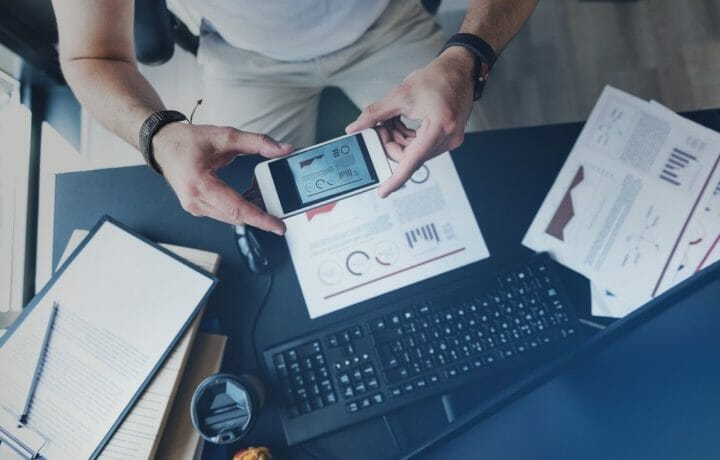It isn’t just classified information that needs to be protected. Foreign adversaries are out targeting a variety of U.S. businesses and functions in order to gain economic and strategic advantage, and the National Counterintelligence and Security Agency recently re-shared a reminder that when it comes to protecting information, employees should be aware that unclassified information is a target, too.
In December 2013 Mo Hailong was arrested for attempting to steal proprietary seeds made by DuPont Pioneer and Monsanto. In 2019, You Xiarong was charged with stealing research related to BPA-free coatings from her employer Coca-Cola. Those are just two of dozens of examples of Chinese intelligence efforts to take U.S. proprietary data and turn around and use it in China. Espionage is just one tactic – acquisition is another, with Chinese firms increasingly going out and buying companies to take their insights directly back to the Chinese government.
The security protocols around classified information are at least somewhat clear, but the steps individuals should take if their information is proprietary may be more ambiguous. NCSC emphasizes when in doubt, err on the side of protecting your company’s assets and insights, and report communication that is suspicious.
Other tips employees should be aware of whether or not they are working with classified information include:
1. Be safe on email.
Phishing remains one of the primary ways nefarious actors – whether state-sponsored or money-motivated – infiltrate companies.
2. Be cautious on social media.
Providing too much detail about your job on social media invites yourself into being a target. Talking about your company’s latest technology or sharing too many personal details can give foreign adversaries insights into your personal as well as professional vulnerabilities.
3. Be safe traveling.
NCSC advises you should assume your electronic activity is being monitored when you travel abroad. Hotel wifi and connections at international airports are easily monitored – don’t access wifi unprotected, and don’t leave your electronics alone when you travel.



